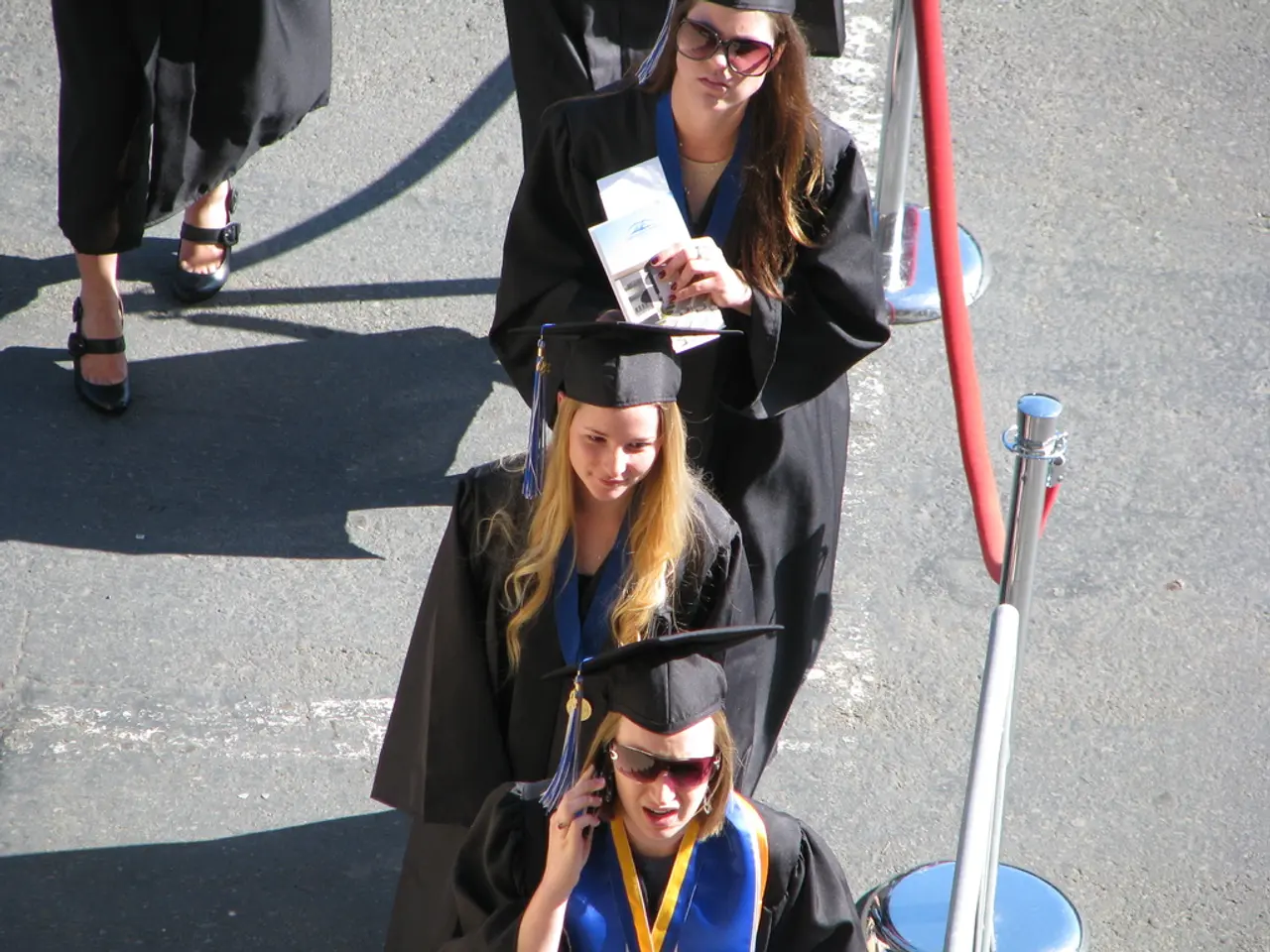Is it Possible to Study Four IB Diploma Programme Subjects? - Examining IB Diploma Prerequisites
The International Baccalaureate (IB) Diploma Programme (IBDP) is a challenging and rigorous educational pathway designed to prepare students for success at university level. One of the key features of the IBDP is the requirement for students to take a balanced combination of Higher Level (HL) and Standard Level (SL) subjects. However, there are exceptions to this rule, allowing students to take four SL subjects and only two HL subjects, under special circumstances.
In the standard IBDP, students are expected to take three HL subjects, which are more rigorous and equivalent to university-level courses, and three SL subjects, which are less demanding and equivalent to high school courses. Assessment in a HL subject is more rigorous, often including additional exam papers, while assessment in an SL subject is less demanding with fewer papers and shorter exams.
Universities often expect at least three HL subjects, especially in your area of interest, as they demonstrate readiness for university-level work. This is because the IB Diploma is designed to show academic rigor and depth, with HL courses expected to be equivalent to university-level courses.
However, exceptions can be made for students who may be better suited to handle more SLs and fewer HLs due to workload or preparedness, or for those with medical or personal reasons that limit their ability to take the usual HL load. School constraints, such as availability of courses or scheduling issues, may also warrant an exception. Alignment with university entrance or career plans where a reduced HL load might still meet prerequisites can also justify such exceptions.
The IB organization allows flexibility but expects that the choice still meets the overall programme rigor and graduation requirements. Such changes usually require formal approval from the school’s IB coordinator and must be justified by the student’s circumstances. The student's final IB diploma will still require passing the core components (Theory of Knowledge, Extended Essay, Creativity-Activity-Service) alongside the subjects taken.
It is important to note that there is no detailed official IB document publicly outlining all criteria for exceptions to the 3 HL / 3 SL structure. School IB coordinators have discretion to allow exceptions on a case-by-case basis.
Another key consideration is the likelihood of university credit for each subject level. It is more likely for a Higher Level (HL) subject to be eligible for university credit, especially in the U.S. and Canada. On the other hand, it is less likely for a Standard Level (SL) subject to earn university credit compared to a Higher Level (HL) subject.
In summary, while the IB Diploma normally requires 3 HL and 3 SL subjects, exceptions to take 4 SL and 2 HL may be permitted for special circumstances, including personal, medical, or academic reasons, pending school and IB approval. This maintains flexibility while upholding academic standards. The exact process and justification depend on the school's policies and IB guidelines.
It is crucial for students to discuss their subject choices with their school's IB coordinator and consider their academic goals, workload, and university prospects when deciding on their subject combination.
- Pursuing education-and-self-development through the IB Diploma Programme, learning requires making informed decisions about subject choices, considering one's academic goals, workload, and university prospects.
- Universities often expect students pursuing the IB Diploma to have taken at least three Higher Level subjects, as these demonstrate a readiness for university-level work and are equivalent to university-level courses, crucial for earning university credit, unlike Standard Level subjects.




